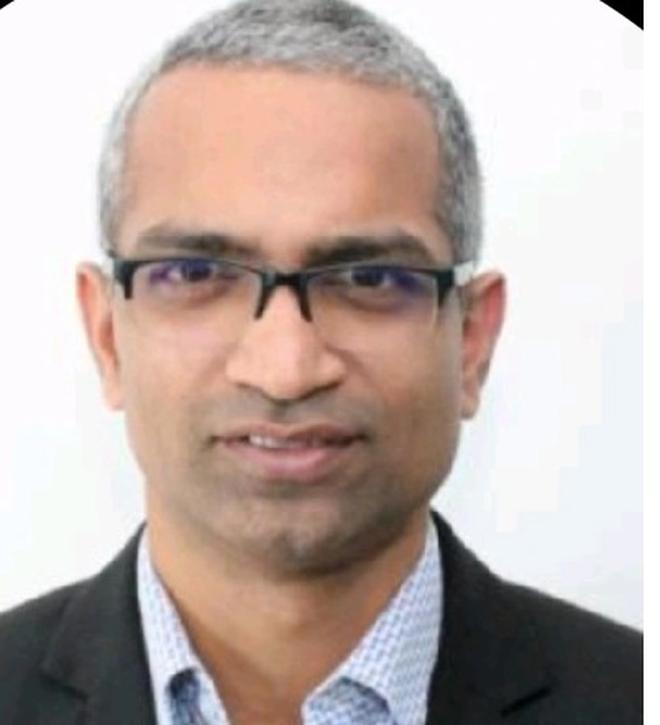Higher allocations of funds for research and development (R & D) of climate resilient seeds have better impact than providing subsidies or other incentives in agriculture, according to Ramakrishnan M, Managing Director of global management consultant firm Primus Partners India.
“What studies have shown is that spending on R and D has a maximum impact (on climate resilient seeds) compared to any other subsidy or other activities in agriculture,” he said in an online interaction with businessline.
Calling for more investments in indoor farming because of changing weather patterns, Ramakrishnan, who leads Agriculture and Sustainability Practice at Primus, said more training is required for this while market linkage should be provided in urban areas where there is a demand and inclination to spend on chemical-free produce. This is another area where more spending needs to be done, he said.

Ramakrishnan M, Managing Director, Primus Partners India.
Other focus areas
The other area of focus should be fisheries and aquaculture. “There isn’t enough support as in terms of Krishi Vigyan Kendras and extension services. “These are the important areas where more money needs to be spent and better practices need to be adopted,” he said.
“Eventually, there will have to be some kind of carbon tax which we will need to impose locally as well. Apart from whatever, guideline changes we are thinking about in various sectors to make each stream and each industry greener,” he said.
Technology can help. “There are some attempts being made to increase the kind of revenue generation possibilities in these areas by getting communities involved with aquaculture activities or ecotourism activities,” the firm’s managing director said.
On raising funds through Budget support, Ramakrishnan said some of the amount allocated for chemical fertilizers such as urea can be spent on R and D and indoor farming.
Blended capital
“Everyone recognises the need for blended capital. So it can’t all come from green bonds, can’t all come from government funds, it can’t all come from philanthropy, it can’t all come from impact investors. But if you bring all these people together and create effective structures some people would be willing to invest in the future in terms of making money,” he said.
The money could be in terms of capex or upfront investment which would eventually come back as returns to the overall community, said the Managing Director of Primus Partners India, which helps companies in defining their sustainability goals, managing their net-zero progress, and ensuring compliance with relevant regulatory guidelines.
On methane emissions, he said there is some science to reducing methane by better quality of feed and better kind of farming activities, and better use of water in fields. Though findings are not perfect, they are at an early stage and evolving.
On the global climate change pact enabled by Conference of Parties (CoP), he said everyone has given up on it as if it is a done and dusted deal.
No ample support
“We’re not getting adequate support from the developed markets as we had hoped for. So a large amount focuses now on what we can do on our own, how we can raise funds, how we deploy it more effectively,” Ramakrishnan said.
At the government level, engagement has to continue so that when it comes to international trade, the norms do not become too taxing and unmanageable. However, in terms of funding, one has to just figure out their own ways of arranging capital.
On deforestation, he said though the interest remains, there are practical challenges.
Besides its Delhi office, Primus Partners has offices in the South, Dubai and the US. “We have an international presence and most of the founding partners had been selling to and servicing government clients for a very long time,” he said.
Working with Forest Depts
The management consulting firm does a lot of work on the government side across infrastructure, education, power, auto, chemicals, food and agriculture. It also services private sector climates to help them navigate the government ecosystem from the perspective of public policy
The firm does a lot of work with the forest department from monitoring to evaluation. “It could be the Forest Department monitoring where the greenery is. Is there deforestation happening, where are the possible conflicts, how do you monitor it using technology?” Ramakrishnan said.
On the core agri side, Primus is holding talks on promoting indigenous crops, improving their market development or exports, and looking at investments needed at the backend such as cold storage or other infrastructure. In fishery, it is involved over how to increase exports.





